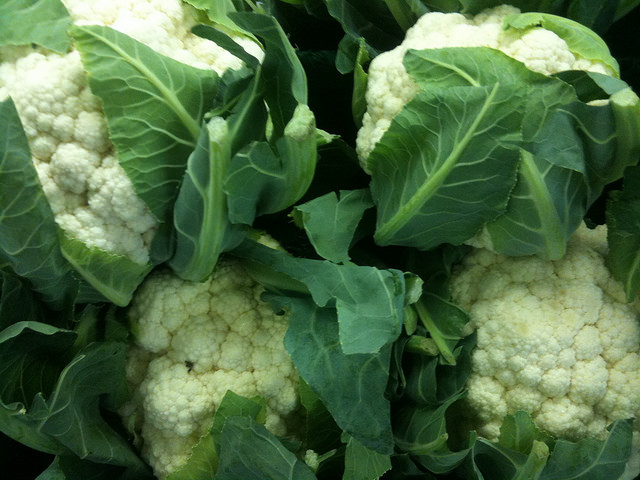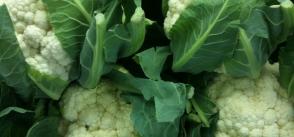
Safeguarding traditionally cultivated local vegetables
Over the years, the island has lost numerous crops whose seeds were once passed from one generation to another, and we need to rekindle consumers’ interest before we lose them all, the chair of the national hub for ethnobotanical research is urging.
One such seed is that of a particular cauliflower, which adapted so much to the local environment that it needed very little water to grow. Growing this cauliflower now would be advantageous, considering the lack of rain we have seen lately, Mario Gerada noted.
Mr Gerada was speaking to this newspaper ahead of the launch of a research report on how to safeguard local heirloom and land-race seeds. The latter are seeds that have traditionally been passed on from one farmer to another and are no longer sown, because their produce is no longer visually attractive to the consumer – so there is no market for them. Nowadays, farmers usually buy packaged seeds to grow crops, Mr Gerada explained.
The research, done by the hub, explored ways to rekindle enough interest in traditional vegetable seeds to merit their being cultivated again, conserving local genetic biodiversity and cultural heritage.
Read the full article by Sarah Carabott via Times of Malta.
[Photo by Mike Mozart | Flickr]







